Blended Learning (Re)Defined

This article was originally posted in Education Week on January 30, 2018 Maggie and Daniel, seventh-grade students, participated in a field trip where they learned about Emmett Till, a 14-year-old African-American boy who was lynched in 1955 and is often recognized as a symbol of the Civil Rights Movement. Moved by his story, they decided… Read More ›
Tame the Beast: Tips for Designing and Using Rubrics
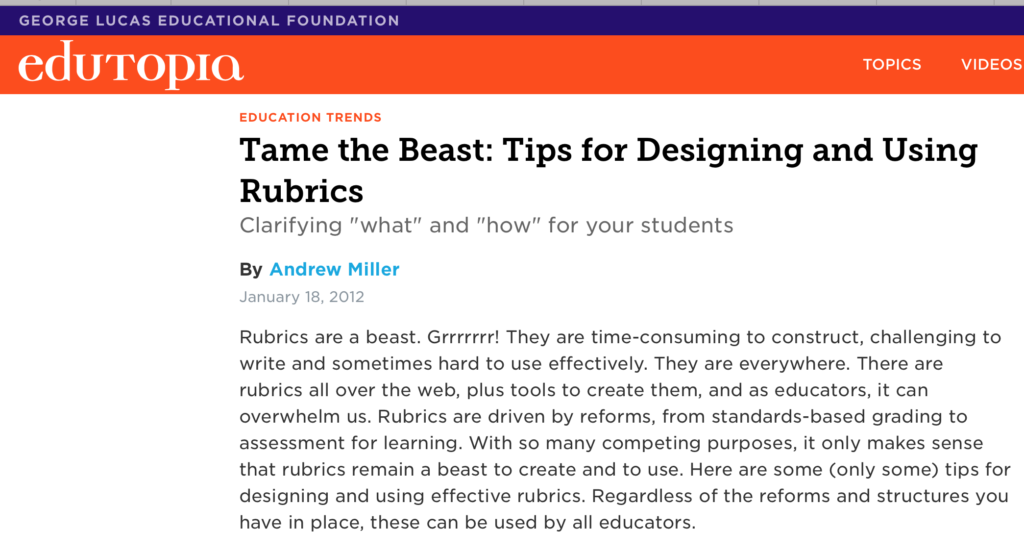
This article provides advice for designing and using effective rubrics from a fellow educator. It also discusses the importance of using rubrics with students. This tool is intended to help educators refine their rubrics. Tips include: Use parallel language Use student-friendly language Don’t use too many columns Rely on Descriptive Language The advice is relevant… Read More ›
Comparing Good Jobs to Good Classrooms

Recently, I read an employer profile for the Kentucky-based materials manufacturer Universal Woods, written by Steven Dawson. Universal Woods is a manufacturer of hard surface panels and flooring headquartered in Louisville, KY, with 200 employees, and operations in Ohio, Australia, and Belgium. To many, Universal Woods embodies the idea of a “good employer” – the type… Read More ›
Supporting Teacher Leadership in Rhode Island

When I was a 2nd grade teacher at Joseph A. Hardin Elementary School in New Orleans, I had the privilege of working with many amazing educators in my school. We shared strategies for engaging our students, for teaching reading, and best practices for reaching out to our students’ families. At times, these discussions ranged beyond… Read More ›
Innovative Assessments: Widening the Horizon
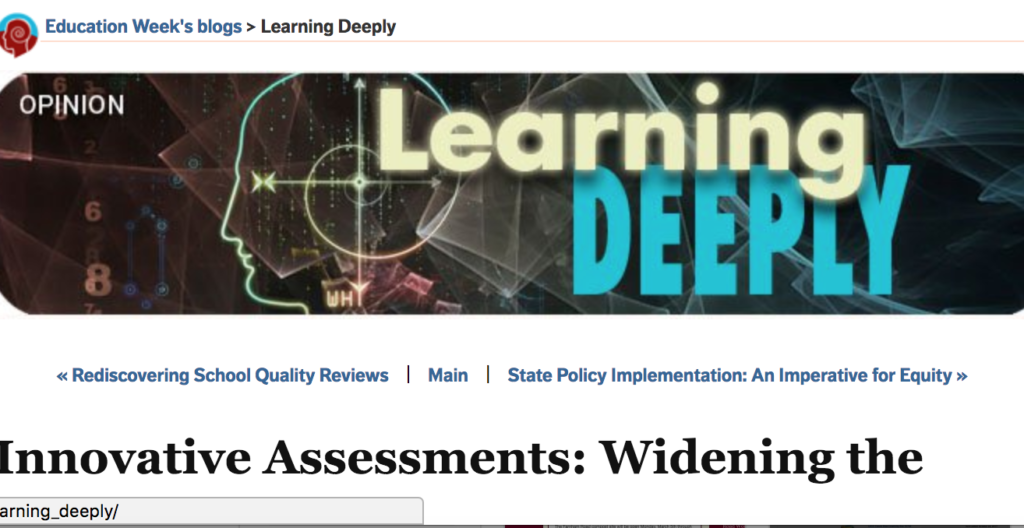
In this blog article, the Innovation Program Manager at The Council of Chief State School Officers explores the opportunities under ESSA for states to innovate their assessment programs. In particular the author looks at innovations in summative assessments such as the use of performance assessments as part of a state’s summative assessment system and the establishment… Read More ›
10 Equity Questions to Ask about Career and Technical Education

Career and technical education (CTE) has become the “next best thing” in high school reform. Lately, it’s been on the radar of governors, legislators, education commissioners, and business leaders who want to improve the match between what high school graduates know and the skills employers need. Expanding CTE can help them build the talent required… Read More ›
Highlighting Deeper Learning Competencies in New Hampshire

This blog was originally posted by CompetencyWorks on March 12, 2018. It is hard to argue the importance that being a strong collaborator, an articulate communicator, a self-directed learner, and a creative problem solver has on a person’s success in today’s world. In fact, a recent analysis by Valerie Strauss from the Washington Post on… Read More ›
How Closing My Competency-based School Led to Learning What Works

This article was originally posted in Youth Today on March 15, 2018 I closed the doors to Missouri’s first competency-based high school after just three years. Our school, based in St. Louis and on the campus of the city’s technical college, served young people ages 17-21 who wanted to finish high school but couldn’t succeed… Read More ›
Lawrence O’Toole Award Winner 2016: Sunny Pai of Diploma Plus – Charlestown HS

This post, originally published on June 3, 2016, provides an overview of the wonderful work Sunny Pai does everyday as the Director of Diploma Plus at Charlestown High School. Sunny is still the Director at Diploma Plus. He is currently part of the Nellie Mae Education Foundation Speaker’s Bureau and you can watch a fall… Read More ›
The 5th ‘C’ of 21st Century Skills? Try Computational Thinking (Not Coding)
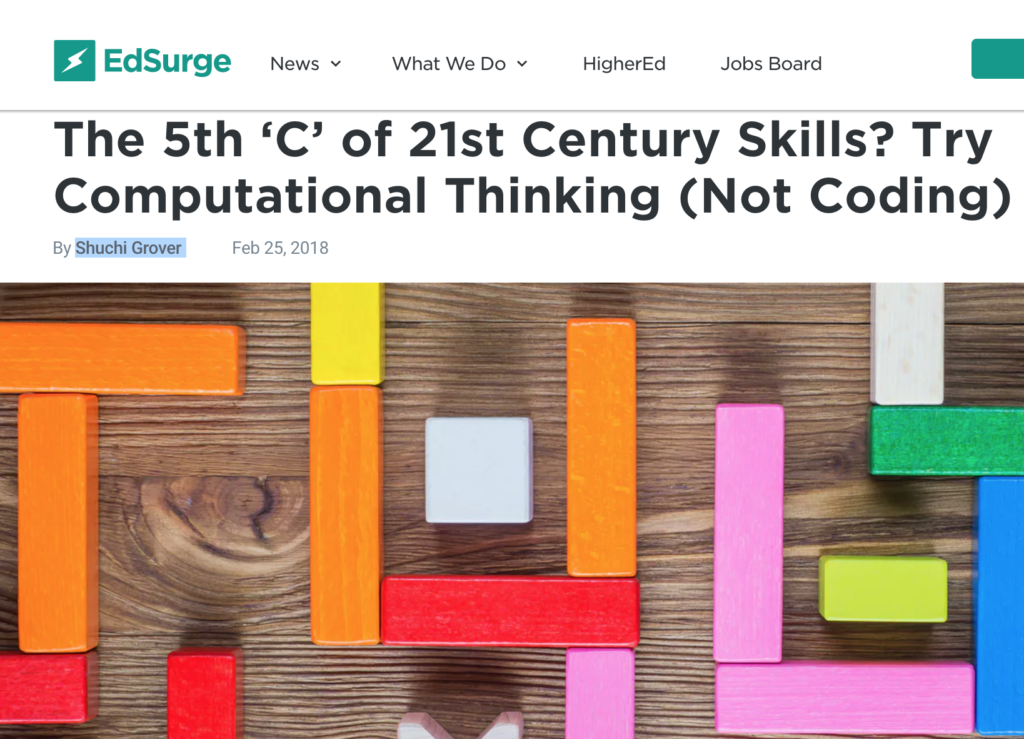
In this commentary, the author asserts the importance of computational thinking, the ability to solve problems like a computer scientist. Like critical thinking and communication, this skill is needed for academic and career success across disciplines. The article explains how computational thinking relates to coding/programming and lays out the skills needed to become computational thinker.… Read More ›
How to Ease Students Into Independent Inquiry Projects
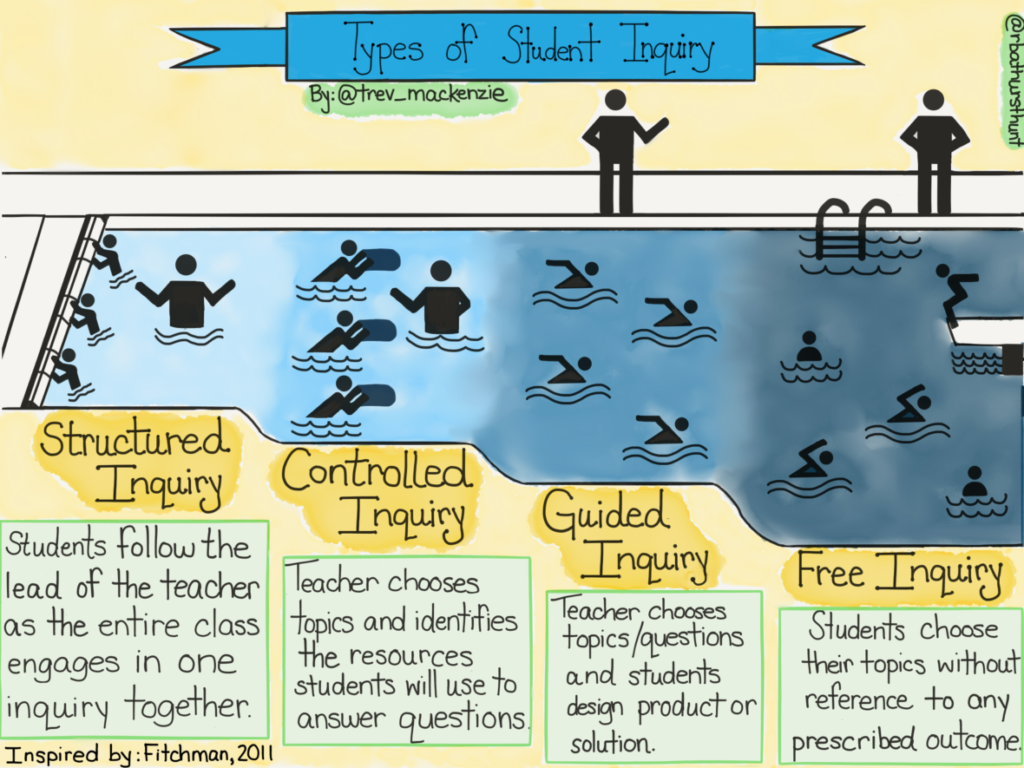
This post is an excerpt from the book, Inquiry Mindsets: Nurturing the Dreams, Wonders, and Curiosities of Our Youngest Learners. Trevor MacKenzie first describes a powerful passion-based, free inquiry project completed by an introverted student in his H.S. English course. Next he describes the type of scaffolding students need in order to take on such inquiry projects.… Read More ›
When It Comes to Universal Design for Learning, Don’t Wait to Be an Expert
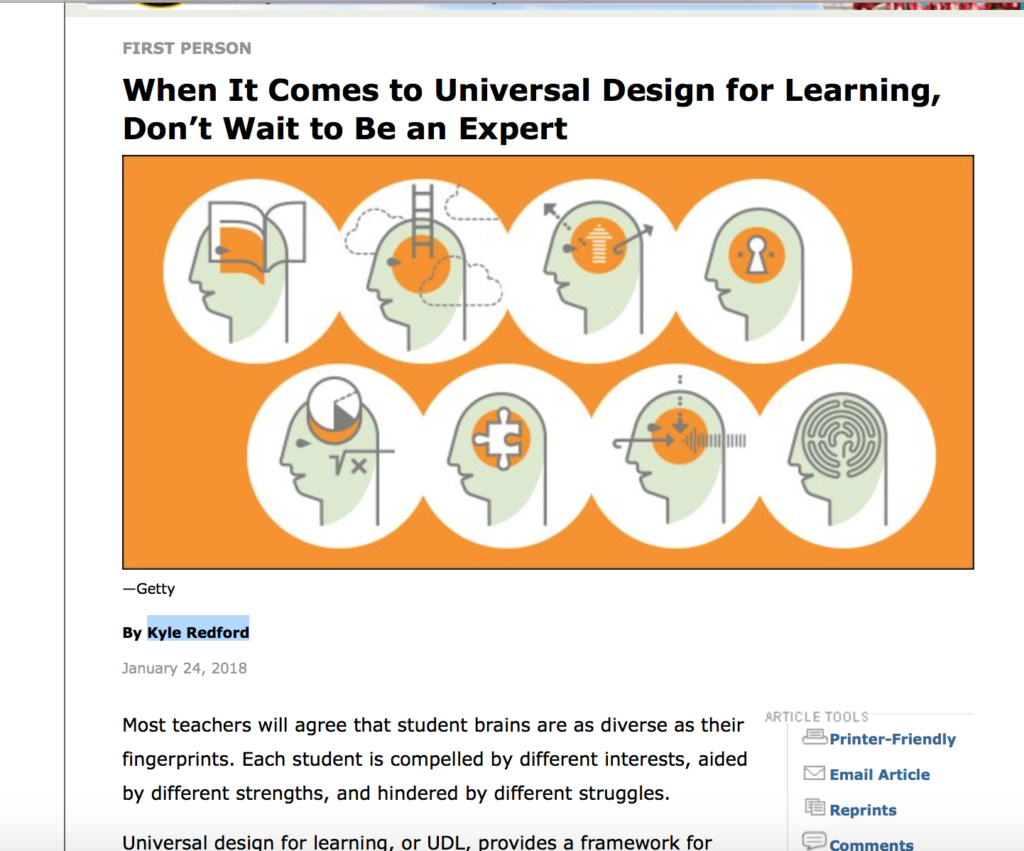
This article provides a great overview of how to apply Universal Design for Learning principals in the classroom. The author describes his journey to introduce UDL in his 5th grade classroom. He describes how adapting the delivery of content, introducing assistive technology, or granting assessment accommodations for an individual student usually proved helpful to many… Read More ›